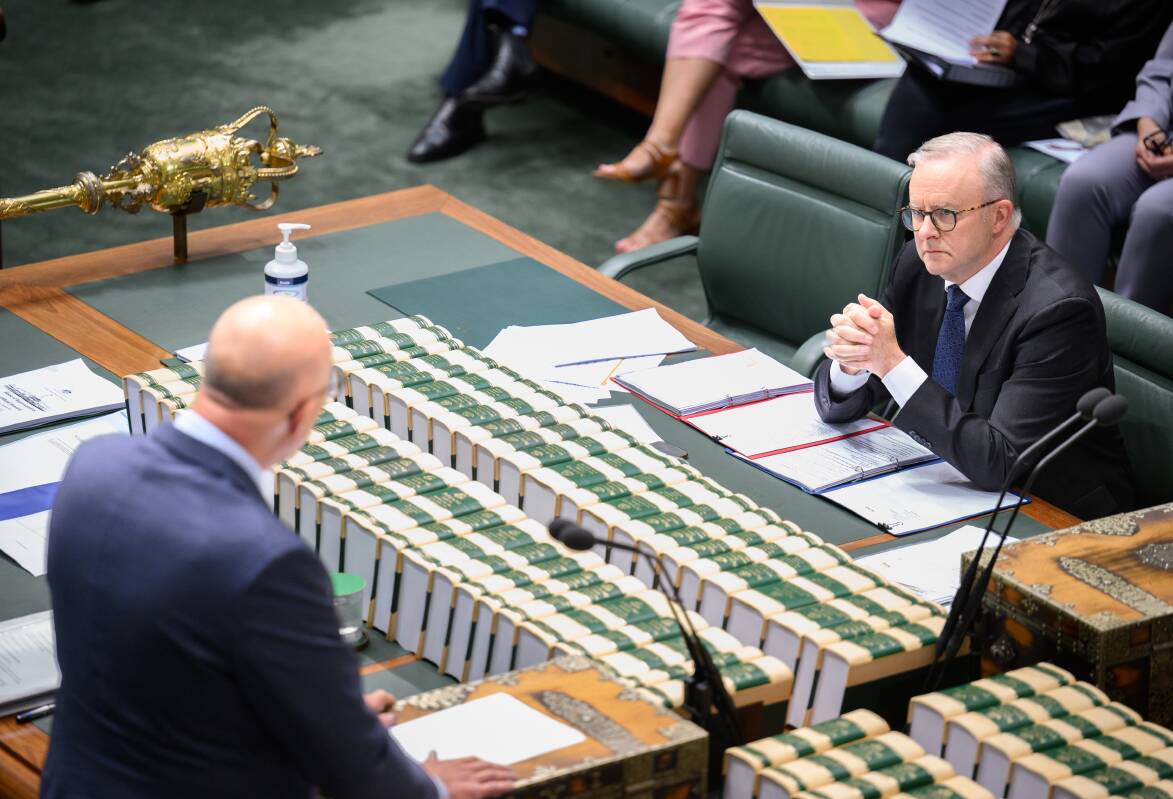
Australia's political culture needs to be de-polarised. I have heard Opposition Leader Peter Dutton described as leader of the 'Noalition', not just due to the Voice referendum but also longstanding cultural divide between the two major party roles in Australia's system of governance. Even the seating arrangements, sitting opposite each other, is part of that culture.
Surely, Australia can do much better.
The basic culture is the dominant single member district system. Its origins lie in the second half of the 19th century, when major conflicts emerged between business owners and workers. Both sides formed political parties, conservative and labour, while other groups represented included various religious parties. In Europe this resulted mostly in proportional representation. That made the emergence of more parties possible and greater political plurality the norm.
The electoral system for the lower Houses in Parliament, taken over from the UK (with some improvements), is the basis for the polarised two-party system in Australia. Other European systems were not considered. As Australian society is changing dramatically and has become very multi-cultural already, the time has come to introduce reforms. Similarly, the industrial relations system needs to change to reflect that as well. It should create much greater participation in decision-making by staff, at all levels.
The problem here is obvious: the major parties are not interested in reforms that could reduce their number. While their voter support has been declining for the last 20 years, the time has come to demonstrate that there is nevertheless a need for electoral system change. We read a lot of criticism in the media but next to nothing about serious system reform. However, a recent survey by the Greens found that the support for proportional representation is actually growing in Australia.
The Voice Referendum became a clear victim of the electoral system of Australia. That is the principal explanation why that Referendum failed. It went entirely against the development of Indigenous recognition by the society and growing awareness of the need for improvement. If we look at the many progressive aspects and general acceptance of the need to assist the Indigenous people in Australia, the outcome of the Voice Referendum is almost completely out of character.
There are many indications of growing support for the Indigenous people. They are now widely acknowledged at most public meetings, and the Aboriginal flag features at many official occasions. No less than 11 MPs/senators federally are Indigenous. Add our amazing Indigenous sporting heroes, and all these realities make the 'no' vote quite unexpected, even by the cautious PM.
The single member district electoral system creates the two-party polarising culture in Australia. The Opposition sees its duty as opposing whatever the government comes up with; the recent grudging acceptance of the tax cut changes provides an example. Of course, it was a sensibly-broken promise, but several Opposition speakers managed to heavily criticise the government regardless.
The primary function of the Opposition in this system is to oppose. That's an important reason to change to a proportional system where parties, after the election, come together to form a government. The emphasis here is on cooperation. Occasionally that can be difficult, and can take time, but effective majorities are generally formed as a result. There is no official opposition.
Reform movements are happening even in the UK and the US, for very good reason; this is clearly a fair and therefore more democratic system. The ALP even introduced a proportional representation system for the Senate in 1948, an improvement to the system as a whole.
Prime Minister Anthony Albanese is widely regarded as risk averse. There seems to be little doubt he did not expect a 'no' campaign. After the failure of the referendum, he announced that in future such votes would only be held if the government and opposition agreed on the issue. This doesn't look promising at all for the republic issue. The case for a new Constitution is obvious, and so the time for a wide-ranging inquiry into systems of governance has arrived.







